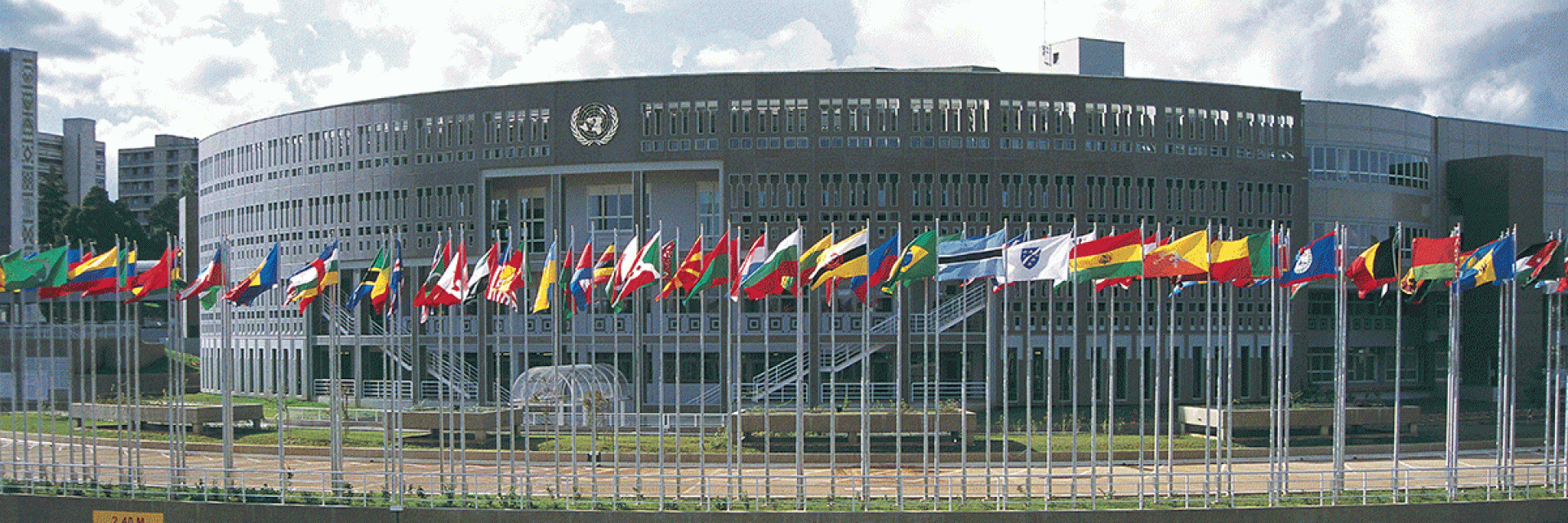Kigali, 7 March 2022 (ECA) - Participants at the ARFSD 2022 parallel meeting on SDG14 (Life under water) called on Friday March 4th, 2022, for institutional capacity-building to mobilize financial resources including through debt-for-nature swap and the Liquidity and Sustainability Facility to fund ocean conservation efforts, accelerate progress on the SDG 14, and develop inclusive blue economies.
The call was based on the fact that despite having demonstrated a strong commitment to strengthen conservation, the sustainable use of their marine resources, and a transition towards sustainable blue economies, African countries are still grappling with issues relating to insufficient funding, and cascading risks and threats posed by climate change on all marine ecosystems, and coastal communities and economies. Such constraints impede the achievement of targets for SDG 14.
Strides made on the continent include the ratification of many multilateral treaties, including the Cartagena Protocol on Biosafety to the Convention on Biological Diversity, the Rotterdam Convention on the Prior Informed Consent Procedure for Certain Hazardous Chemicals and Pesticides in International Trade, and the United Nations Convention on the Law of the Sea.
At regional level, countries have also signed several agreements such as the “2050 Africa's Integrated Maritime Strategy (2050 AIM Strategy)” or the 1985 Convention for the Protection, Management and Development of the Marine and Coastal Environment of the Western Indian Ocean, and the African Charter on Maritime Security and Safety and Development in Africa (Lomé Charter).
Meanwhile, additional gaps were highlighted in the areas of marine science and technologies, access to good quality and reliable data to measure and track progress, clear methodologies to collect data on SDG 14, and the required institutional capacities to mobilize the resources.
Panelists also emphasized the need to provide sufficient support to young African entrepreneurs who are often left behind, despite having the potential to contribute to the acceleration of progress on SDG 14, and the attainment of the aspired inclusive blue economies.
38 African countries are coastal, and yet not taking full advantage of the sea
Activities related to SDG14 (life below water) are the backbone of development, said Kamalidini Souef, Minister of Finance, Budget and Banking Sector of Comoros.
Oceans cover more than 70% of the Earth’s surface and sustain more than 80% of global value-added trade, thus having a key influence on most economic sectors.
According to Ismahane Elouafi , Chief Scientist at the Food and Agriculture Organization (FAO), Oceans are also expected to become a large contributor to African food baskets not only in terms of calories but also in terms of amino acids, micronutrients and macronutrients as global food demand is projected to increase by 60% by 2050.
“We view SDG 14 as a very important opportunity to achieve SDG 1 (No poverty), 2 (Zero hunger), 8 (Decent work and economic growth), 9 (Industry, innovation, and infrastructure), 12 (Responsible consumption and production), 13 (Climate action) and 15 (Life on land)”, said Chimimba David Phiri, the FAO Subregional Coordinator for Eastern Africa and Representative to the African Union and the Economic Commission for Africa.
Although 38 African countries are coastal, most of them are currently not taking full advantage of their proximity with the sea, using it mostly for artisanal fishing and transportation. In the meantime, climate change and overfishing are threatening current and future ocean related benefits.
The ARFSD 2022 parallel meeting on SDG14 (Life under water) took place on March 4th, 2022 in Kigali (Rwanda) with the participation of several high level officials from governments, UN agencies, the African Union Commission and development entities.
The upcoming organization of the UN Climate Change Conference 2022 (UNFCCC COP 27) Sharm el Sheikh (Egypt), in Africa will be an opportunity to push for the developed countries to honor the promise of providing US$ 100 billion per year for climate actions. A significant amount of these resources should be dedicated to coastal adaptation, protection and resilience plans, especially in vulnerable SIDS and LDCs.
Issued by:
Communications Section
Economic Commission for Africa
PO Box 3001
Addis Ababa
Ethiopia
Tel: +251 11 551 5826
E-mail: eca-info@un.org

